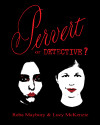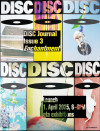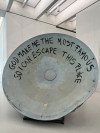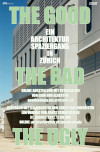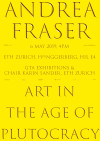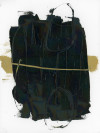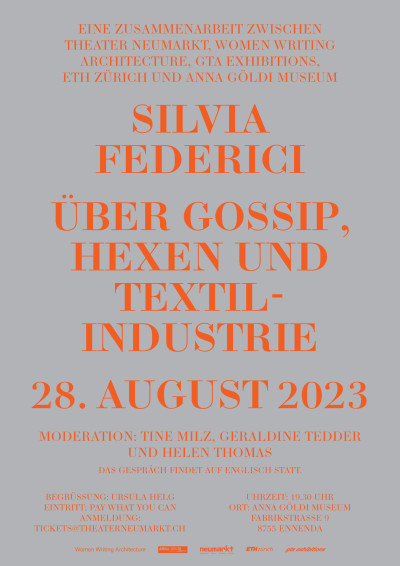
Silvia Federici. On Gossip, Witches and the Textile Industry
Organizer: gta Exhibitions
Date: Monday, 28 August 2023
Time: 19.30
Place Anna Göldi Museum, Ennenda
With „Gossip“ we usually associate clichéd gossiping and gossiping women, the „rumor mill“, Truman Capote’s scandal text „La Côte Basque 1965“, the series „Gossip Girl“, yellow press, Megan & Kate or Hollywood. Today, Gossip is considered toxic, a „guilty pleasure,“ scandalous. However, Gossip did not always have this negative connotation. Initially, it referred to conversations between women that largely promoted solidarity and community building, and it only changed in meaning with the advent of modernity. Gossip is a concept that transcends time, with various historical and political connotations. To some it may seem that gossip is banal, but its banality is „powerful“ in its own way. It forms an ephemeral network that can be stretched in different ways and is never fully tangible. Gossip is not just a simple means of oral communication, but rather embraces a speculative logic of thought. Gossip is a performative means of transforming one’s relationship to oneself and one’s intimacies, through the circulation of one’s own speculations and the speculations of others.
The theorist Silvia Federici writes in her Book „Witch, Witch-Hunting, and Women“ about the origins of Gossip. Attaching a pejorative meaning to the term female friendship often served to destroy the female sociality that was prevalent in the Middle Ages, when most of women’s activities were collective in nature and women, at least in the lower classes, formed a solid community. For many, gossip remained a necessary tool to let the history of the forgotten, the disappeared live on as stories and imaginaries of counter-narratives against heteronormative standards.
Together with Silvia Federici we talk about gossip, Anna Göldi, the last convicted witch in Europe and the connections between capitalism, industrial textile production and witch hunts. We create references to the current exhibition Bunte Tücher, geteilte Geschichte – auf den Spuren von König Baumwolle, which addresses cotton as an indispensable raw material, for which there was already increasing global demand during Anna Göldi’s lifetime, and the economic and political power that soon came with cotton production. Today, King Cotton represents the textile industry par excellence, which is closely linked to the emergence of global capitalism and also left traces in Glarnerland.
Collaboration between: Theater Neumarkt, Women Writing Architecture, The Institute for the History and Theory of Architecture (gta), ETH Zurich, and the Anna Göldi Museum
Moderation: Tine Milz, Geraldine Tedder and Helen Thomas
Welcome by Ursula Helg
Admission: Pay what you can
Tickets via Theater Neumarkt Webshop
Time: 19.30
Place: Anna Göldi Museum
Fabrikstrasse 9
8755 Ennenda
The conversation will take place in English.
